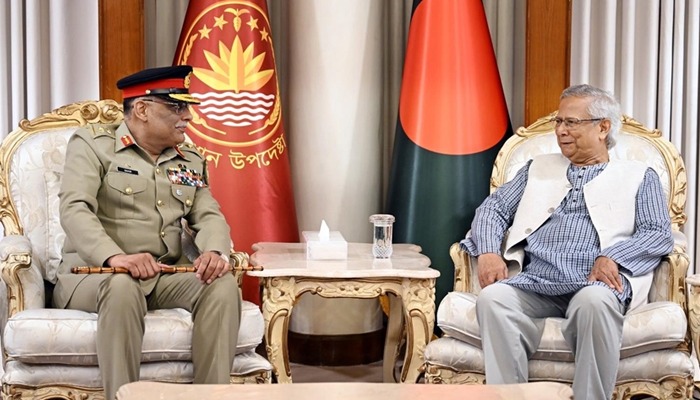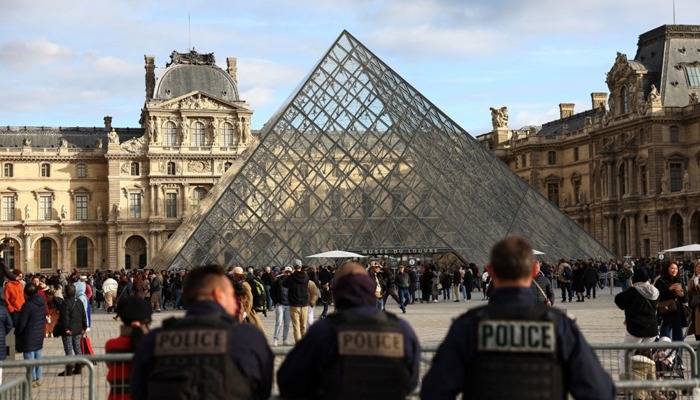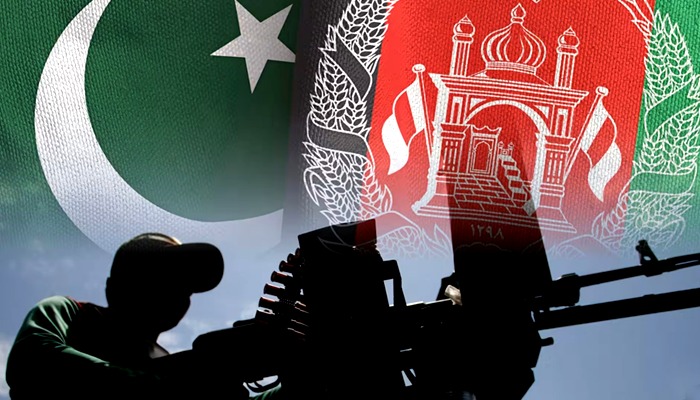The Cambridge Dictionary has embraced the pulse of modern culture by adding over 6,000 new words and phrases — many of which reflect the influence of TikTok trends, internet memes, and evolving lifestyle habits.
The English language just got a little more TikTok. The Cambridge Dictionary has added more than 6,000 new words and phrases this year, many of them born from internet culture, viral memes and shifting work and lifestyle habits.
Among the most eye-catching are “delulu”, “skibidi”, and “tradwife”, slang terms that only recently leapt from social media feeds into everyday conversation. Now, they’re officially dictionary-approved.
Colin McIntosh, lexical programme manager at Cambridge, said the update reflects how language is evolving in the digital age. “Internet culture is changing the English language and the effect is fascinating to observe and capture in the dictionary,” he said. “We only add words where we think they’ll have staying power.”
Slang Goes Mainstream:
“Delulu”, shorthand for delusional, is defined as believing things that aren’t real or true often by choice. Originally a jab at obsessive K-pop fans, the term has since exploded on TikTok with phrases like “delulu is the solulu” amassing billions of views. Earlier this year, Australian Prime Minister Anthony Albanese even quipped in parliament about opponents being “delulu with no solulu.”
“Skibidi”, meanwhile, comes from Skibidi Toilet, a surreal animated YouTube series featuring singing toilets with human heads. The dictionary defines it loosely as a word that can mean “cool,” “bad,” or nothing at all, often used as a joke. It gained wider attention when Kim Kardashian revealed her daughter North gifted her a necklace engraved with the phrase.
The term “tradwife” short for “traditional wife” describes women who embrace old-fashioned domestic roles and promote them online. Popular among certain lifestyle influencers, the trend has sparked debate over gender norms.
Tech, Work and Politics in the Mix:
Not all the new words are tongue-in-cheek. The pandemic and rise of remote work gave prominence to “mouse jiggler” a device or app that simulates mouse movement to keep a computer awake, often used by employees working from home.
“Broligarchy” also joins the lexicon. A blend of “bro” and “oligarchy”, it refers to a powerful clique of wealthy men in tech with outsized political influence. The term has been used to describe billionaires such as Jeff Bezos, Elon Musk and Mark Zuckerberg.
Other additions reflect everyday usage:
● Work spouse – a trusted colleague who plays a supportive, almost partner-like role at the office.
● Inspo – short for inspiration, especially in social media posts.
● Forever chemical – long-lasting man-made substances linked to environmental and health risks.
A Generational Shift:
Lexicographers note that many of this year’s entries highlight the growing impact of Gen Z and Gen Alpha on the English language. Words once dismissed as fleeting slang are now considered enduring enough to warrant a place in one of the world’s most authoritative dictionaries.
For some, that’s a worrying sign of linguistic decline. For others, it’s proof that language is alive, adapting to reflect the way people actually communicate.
“Older generations may roll their eyes at words like ‘skibidi’,” McIntosh admitted, “but the fact that millions of people are using them every day means they have become part of English.”
With 6,000 new entries, from quirky slang to technical terms, the Cambridge Dictionary’s latest update captures a moment where memes, politics and work culture all collide in language. Whether you find it cringe worthy or creative, “delulu”, “skibidi” and company are here to stay.
This massive update highlights just how quickly language is adapting to our digital and social world.



















